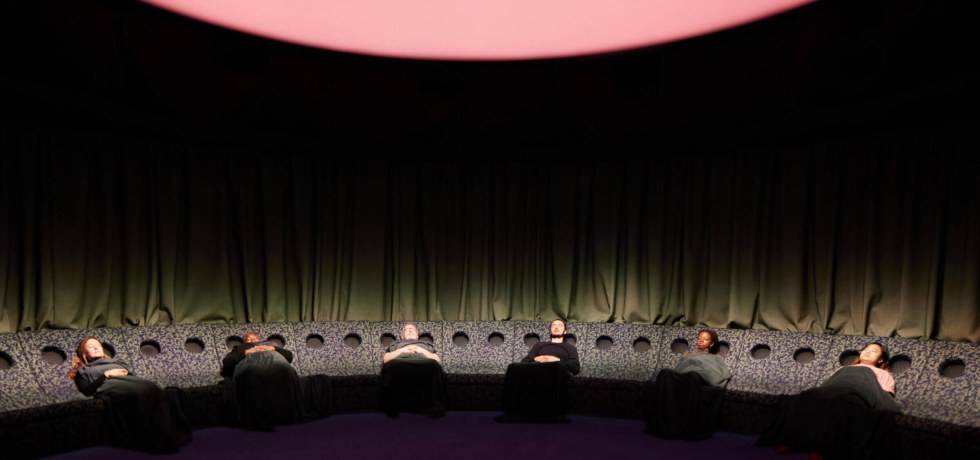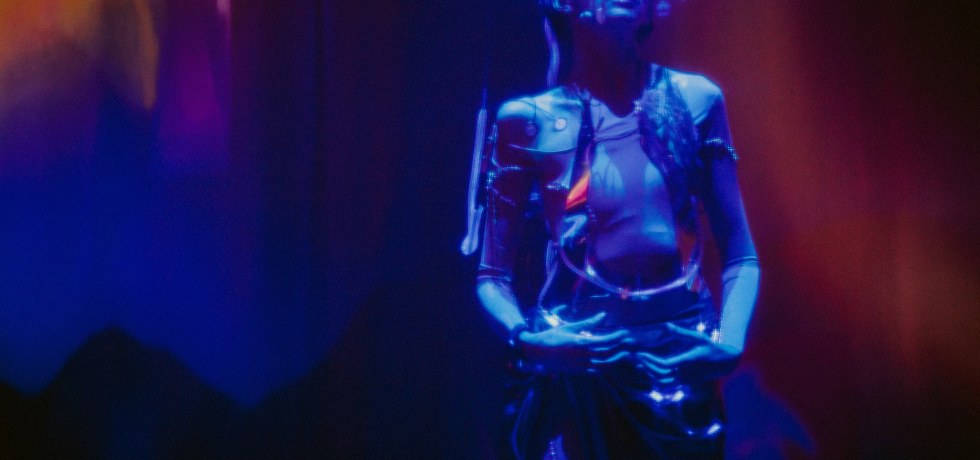deepwork
You’re Only Human.
Don’t Let That Stop You From Advancing Your Career.
In response to the current demand for high-performing thought leadership in any field, Jessica Peter and The Pudding created a satirical website that provides an AI-informed service that will generate the best professional profile you can imagine.
What if there were a way to fight back—against LinkedIn culture, recruiting bots, and the constant push to be a so-called thought leader? That’s the premise of deepwork, a satirical yet functional website that offers AI-driven tools that can generate a glowing CV, a desirable headshot, and witty social media posts. The platform emphasizes the modern need for tools to shape and improve professional perceptions. By manipulating digital identities to meet the latest industry standards, deepwork provides a humorous yet pointed critique of a workplace culture in which AI can simultaneously question the pressure to perform and enhance one’s image as a high-performing thought leader.
[/vc_column_text]

deepwork offers a fresh perspective at the intersection of technology, identity, and creativity, presenting AI as both a tool and as social commentary. Jess Peter, the creator of deepwork (shown at left), outlines various tools that allow users to reshape their online personas with the help of generative AI. Though deepwork isn’t a real company (yet), all the technology behind its demos is sourced from publicly available code and reflects real trends observed in corporate settings. deepwork is not just about faking identities; it examines the pressure to conform to professional expectations, offering a critical lens on how AI might shape the future of our digital selves.
Each feature within deepwork is built using real, accessible technologies. The Resume Atelier, originally planned to be based on GPT-2, instead uses an open-source fake résumé generator trained on 6,000 job résumés. Different experience levels, from “student” to “senior,” produce varying amounts of data, emphasizing the nuances of professional representation at different career stages. For the Profile Picture Studio, deepwork uses NVIDIA’s StyleGAN2 model to create digital “yassifications” of user photos. This process, known as “projecting the photo into the latent space of the model,” has sparked conversations about the unintended biases present in AI beautification filters, which often produce lighter-skinned or more Eurocentric appearances.
The Thought Leadership package employs OpenAI’s GPT-2 model, fine-tuned on a dataset of tweets from selected influencers, to generate posts designed to match the user’s voice and personality. Peter downloaded thousands of tweets per influencer and fine-tuned the model to produce coherent, on-brand text while omitting sensitive or political content. Through its tools, deepwork reflects on the absurdities and pressures of maintaining a professional digital persona, leading audiences to question the future of identity and self-presentation in a world shaped increasingly by AI. Hopefully.


